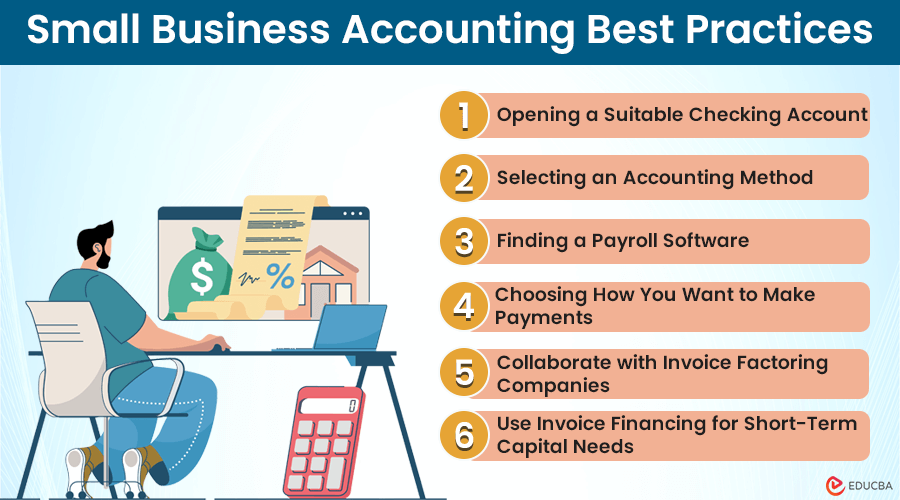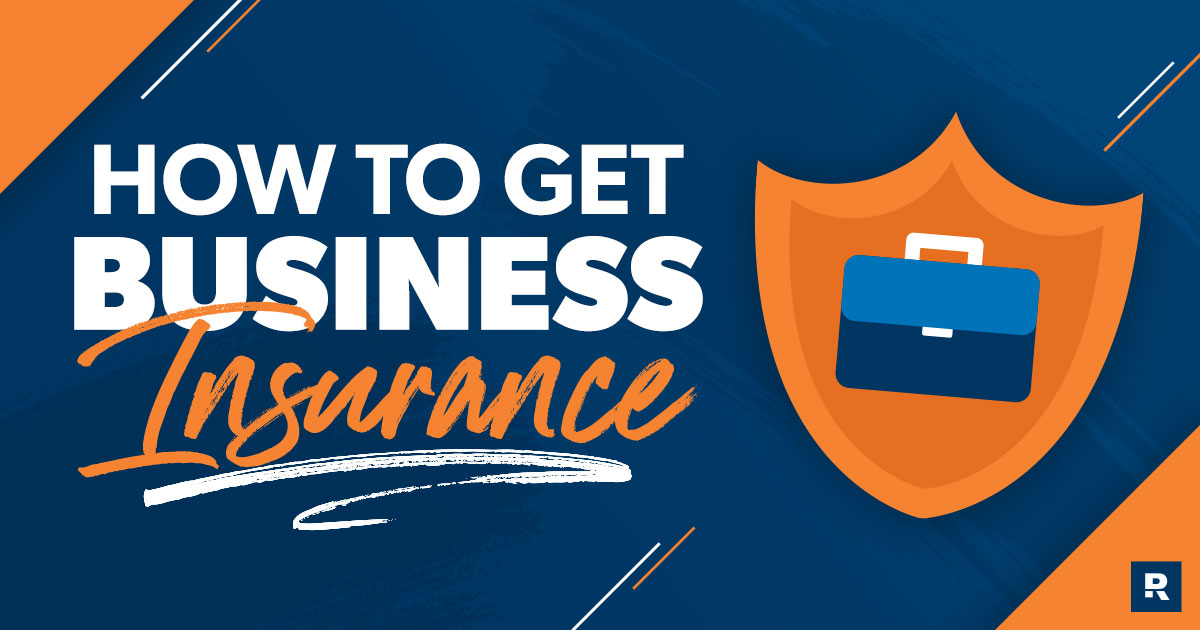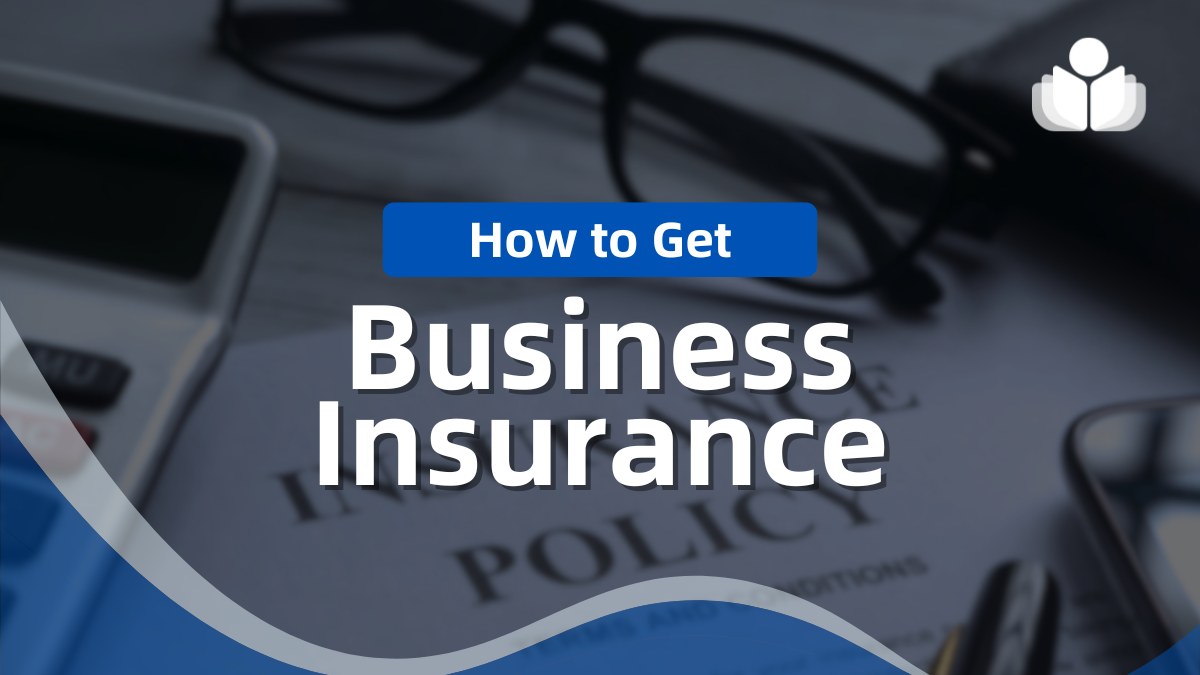Car Accident Chest Pain
If you’ve been in a car accident and are experiencing chest pain, it’s crucial to seek medical attention promptly. Chest pain after a car accident can indicate various injuries, some of which may require immediate medical intervention.
Causes of Chest Pain After a Car Accident
Chest pain following a car accident can stem from several potential injuries. The most common causes include:
- Blunt force trauma: This occurs when the chest is struck by a hard object, such as the steering wheel or dashboard. Blunt force trauma can cause injuries to the ribs, lungs, heart, or other organs in the chest cavity.
- Penetrating trauma: This occurs when an object, such as glass or metal, pierces the chest. Penetrating trauma can cause severe damage to the heart, lungs, and other organs.
- Seatbelt injuries: While seatbelts are essential for reducing the risk of serious injury in a car accident, they can also cause chest pain. The force of a sudden stop can cause the seatbelt to compress the chest, resulting in contusions or fractures of the ribs.
- Whiplash: This is a neck injury that occurs when the head is suddenly jerked back and forth. Whiplash can strain the muscles and ligaments in the chest, leading to pain and discomfort.
Assessing Chest Pain after a Car Accident
If you’re experiencing chest pain after a car accident, it’s important to assess its severity. Here are some factors to consider:
- Location: Pinpoint the location of the pain. Is it central, left-sided, or right-sided? Does it radiate to the neck, back, or arms?
- Type of pain: Describe the pain. Is it sharp, dull, aching, or throbbing?
- Intensity: Rate the pain on a scale of 1 to 10, with 1 being mild and 10 being excruciating.
- Duration: How long have you been experiencing the pain? Does it come and go, or is it constant?
- Associated symptoms: Are there any other symptoms accompanying the chest pain, such as shortness of breath, dizziness, or nausea?
When to Seek Medical Attention
If you’re experiencing chest pain after a car accident, it’s crucial to seek medical attention immediately if:
- The pain is severe and does not improve with rest or pain relievers.
- You have difficulty breathing or shortness of breath.
- You have dizziness or lightheadedness.
- You have a history of heart or lung problems.
- The pain is accompanied by other symptoms, such as chest tightness, wheezing, or coughing up blood.
Car Accident Chest Pain: Diagnosis, Severity, and Treatment
Car accidents are one of the leading causes of chest pain, a symptom that can range from mild to severe, depending on the extent of injuries sustained during the crash. If you have chest pain after a car accident, it’s important to seek medical attention immediately to rule out any serious injuries.
Severity and Causes of Chest Pain
The severity of chest pain after a car accident can vary widely, from a dull ache to sharp, stabbing pain. The pain may be localized to one area of the chest or spread across the entire chest. It may also be accompanied by other symptoms, such as shortness of breath, difficulty breathing, or pain that radiates to the back, neck, or arms.
The causes of chest pain after a car accident can also vary. Some of the most common causes include:
- Broken ribs
- Collapsed lung
- Bruised heart
- Aortic dissection (a tear in the aorta, the main artery that carries blood from the heart to the body)
li>Pericarditis (inflammation of the sac surrounding the heart)
In some cases, chest pain after a car accident may be caused by a combination of injuries. For example, a person who has broken ribs may also have a bruised heart. It’s important to see a doctor to get an accurate diagnosis and treatment plan.
Car Accident Chest Pain: When to Seek Medical Attention
Have you been involved in a car accident and are now experiencing chest pain? It is important to be aware of the potential causes of chest pain after a car accident and when to seek medical attention. Chest pain can be a sign of a serious injury, and it is important to get it checked out by a doctor as soon as possible.
Causes of Chest Pain After a Car Accident
There are many possible causes of chest pain after a car accident, including:
- Broken ribs
- Bruised or injured lungs
- Collapsed lung
- Heart attack
- Aortic dissection
It is important to note that chest pain after a car accident can be a sign of a serious injury, even if it does not seem severe at first. If you are experiencing chest pain after a car accident, it is important to seek medical attention as soon as possible.
When to Seek Medical Attention
You should seek medical attention immediately if you experience any of the following symptoms after a car accident:
- Chest pain that is severe or does not go away
- Shortness of breath
- Dizziness or lightheadedness
- Nausea or vomiting
- Pain that radiates to your back, neck, or arms
If you are experiencing any of these symptoms, it is important to seek medical attention as soon as possible. These symptoms could be a sign of a serious injury, and it is important to get it checked out by a doctor as soon as possible.
Other Causes of Chest Pain
In addition to the causes listed above, there are a number of other potential causes of chest pain. These include:
- Muscle strain
- Heartburn
- Anxiety
- Pneumonia
- Pleurisy
If you are experiencing chest pain and are not sure what the cause is, it is important to see a doctor to rule out any serious underlying conditions
Chest Pain After a Car Accident: Understanding the Potential Causes
A car accident can be a traumatic experience that leaves lasting physical and emotional scars. One common complaint after a collision is chest pain. While chest pain can be a sign of a serious injury, it’s not always an indication of life-threatening damage. Understanding the potential causes of chest pain can help you determine when to seek medical attention.
Potential Injuries Causing Chest Pain
Several injuries associated with car accidents can lead to chest pain. Some of the most common include:
- Fractured ribs: Broken or cracked ribs can cause sharp, stabbing pain when you breathe or move your torso.
- Bruised lungs: A bruised lung refers to damage to the tissue of the lung, causing shortness of breath, coughing, and chest pain.
- Heart damage: A car accident can put immense force on the chest, potentially damaging the heart muscle or its surrounding structures.
## Other Considerations
In addition to these specific injuries, other factors can contribute to chest pain after a car accident. These include:
- Muscle strain: The force of the crash can strain or tear muscles in the chest, leading to pain.
- Whiplash: This condition occurs when the head is forcefully snapped back and forth, resulting in neck pain that can radiate to the chest.
- Anxiety: The trauma of a car accident can trigger anxiety, which can manifest as chest pain or tightness.
When to Seek Medical Attention
Any chest pain after a car accident warrants medical evaluation. However, some situations demand immediate attention. Seek emergency care if you experience:
- Severe chest pain
- Shortness of breath
- Coughing up blood
- Pain that worsens with movement
- Bluish discoloration around the lips or fingernails
Chest pain after a car accident can be a sign of a serious injury or merely the result of muscle strain or anxiety. By understanding the potential causes, you can make an informed decision about whether to seek medical attention.
Chest Pain After a Car Accident: Understanding the Causes and Treatment Options
A car accident can be a harrowing experience, and the aftermath can leave you with a range of injuries, including chest pain. This discomfort can be concerning, but it’s crucial to understand its potential causes and available treatment options to alleviate the pain and ensure your well-being.
Causes of Chest Pain
Chest pain following an accident can stem from various injuries or conditions, such as:
- Musculoskeletal injuries: Your chest is protected by muscles, ribs, and cartilage, and the impact of a collision can strain or tear these structures, leading to pain.
- Lung injuries: The sudden force of an accident can cause lung damage, including collapsed lungs or bruised ribs, which can result in chest pain and difficulty breathing.
- Cardiac injuries: In rare cases, severe accidents can lead to cardiac injuries, such as a heart attack or arrhythmia. These conditions require immediate medical attention.
When to Seek Medical Help
Not all chest pain after a car accident requires immediate medical attention. However, it’s essential to seek medical assistance promptly if you experience:
- Persistent or worsening pain
- Shortness of breath or wheezing
- Dizziness or fainting
- Rapid heart rate or palpitations
Treatment Options
Treatment for chest pain after a car accident depends on the underlying cause and may involve:
- Pain relievers: Over-the-counter or prescription pain medication can help alleviate discomfort associated with musculoskeletal injuries.
- Surgery: In cases of severe injuries, such as collapsed lungs or cardiac damage, surgery may be necessary to repair or address the underlying issue.
- Physical therapy: Physical therapy can help strengthen muscles and improve mobility, reducing pain and promoting recovery.
Physical Therapy for Chest Pain
Physical therapy plays a crucial role in managing chest pain after a car accident by focusing on:
- Muscle strengthening: Targeted exercises strengthen the muscles surrounding the chest, providing support and reducing pain.
- Flexibility: Stretching exercises improve flexibility and reduce stiffness in the chest and surrounding areas, enhancing mobility and pain relief.
- Postural correction: Proper posture helps distribute weight evenly and reduce pressure on the chest, minimizing discomfort.
By incorporating these therapeutic interventions, physical therapy can effectively alleviate chest pain, improve function, and expedite recovery after a car accident.
Car Accident Chest Pain: Understanding the Causes and Treatment Options
Car accidents are an unfortunate reality of modern life, and they can have a wide range of consequences, from minor bumps and bruises to life-threatening injuries. One common complaint after a car accident is chest pain, which can be caused by a number of factors, including impact trauma, airbag deployment, or seat belt injuries.
If you experience chest pain after a car accident, it’s important to seek medical attention immediately. Your doctor will perform a physical examination and may order tests such as X-rays or CT scans to determine the cause of your pain and assess the extent of any injuries. Common conditions that can cause chest pain after a car accident include:
- Rib fractures
- Bruised or inflamed muscles
- Collapsed lung
- Heart damage
- Pneumonia
Treatment Options for Chest Pain After a Car Accident
The treatment for chest pain after a car accident will depend on the underlying cause of the pain. In many cases, rest and pain medication may be all that is needed to alleviate the pain and promote healing. However, more serious injuries may require more aggressive treatment, such as surgery or physical therapy.
If you have chest pain after a car accident, it’s important to follow your doctor’s instructions carefully. This may include taking pain medication as directed, resting, and avoiding activities that may worsen your pain. You should also follow up with your doctor regularly to monitor your progress and ensure that your pain is resolving.
Rehabilitation and Recovery
Recovering from chest pain after a car accident can take time, but with proper care, you should be able to make a full recovery. In the meantime, there are a few things you can do to help speed up the healing process:
- Rest as much as possible.
- Take pain medication as directed by your doctor.
- Follow your doctor’s instructions carefully.
- Attend physical therapy, if prescribed.
- Avoid activities that may worsen your pain.
- Quit smoking, if you smoke.
By following these tips, you can help ensure a speedy and complete recovery from chest pain after a car accident.
Car Accident Chest Pain: Causes, Symptoms, and Prevention
Car accidents are a leading cause of chest pain, which is often a sign of a serious injury. The force of the impact can cause damage to the muscles, bones, or organs in the chest, resulting in pain and discomfort. In some cases, chest pain after a car accident may also indicate an underlying medical condition, such as a heart attack or collapsed lung. It is crucial to seek medical attention promptly if you experience chest pain after a car accident, as it may be a sign of a life-threatening injury.
Causes
The most common cause of chest pain after a car accident is blunt force trauma, which occurs when the chest is struck by a hard object. This can cause damage to the muscles, bones, or organs in the chest, leading to pain and inflammation. In severe cases, blunt force trauma can also cause internal bleeding, which can be life-threatening if not treated promptly.
Other potential causes of chest pain after a car accident include:
- Rib fractures: Broken ribs can put pressure on the lungs and heart, causing pain and difficulty breathing.
- Pneumothorax: A collapsed lung occurs when air leaks into the space between the lung and the chest wall. This can cause severe chest pain and shortness of breath.
- Cardiac contusion: A heart attack or bruise can occur when the heart is struck by the force of the impact. This can lead to chest pain, shortness of breath, and irregular heartbeat.
Symptoms
The symptoms of chest pain after a car accident can vary depending on the severity of the injury. Some common symptoms include:
- Sharp or aching pain in the chest
- Pain that worsens with deep breathing or coughing
- Shortness of breath
- Dizziness or lightheadedness
- Nausea or vomiting
Prevention Tips
While it is not always possible to prevent a car accident, there are certain steps you can take to minimize the risk of chest pain and other injuries:
- Wear a seatbelt: Seatbelts help to keep you in place during an accident, reducing the risk of being thrown around the vehicle and sustaining chest injuries.
- Maintain a safe following distance: Keeping a safe distance between your car and the car in front of you gives you more time to react to sudden stops or changes in traffic, reducing the risk of a collision.
- Drive attentively: Avoid distractions while driving, such as talking on the phone, texting, or eating. Stay focused on the road and be aware of your surroundings to minimize the risk of an accident.
- Get regular checkups: If you have a history of chest pain or other health conditions, it is important to get regular checkups to manage your condition and prevent complications from developing.
- Be aware of warning signs: If you experience chest pain, shortness of breath, or dizziness after a car accident, do not ignore these symptoms. Seek medical attention promptly, as it may be a sign of a serious injury.
- Metaphor: Imagine a car accident as a sudden, violent storm that can wreak havoc on your body. Chest pain after a car accident is like a painful lightning strike that can leave you feeling shocked and disoriented.
- Proverb: An ounce of prevention is worth a pound of cure. By following these prevention tips, you can significantly reduce your risk of chest pain and other injuries in the event of a car accident.
- Call to action: If you have ever experienced chest pain after a car accident, share your story in the comments below. Your experience may help others who are going through a similar situation.




Leave a Reply